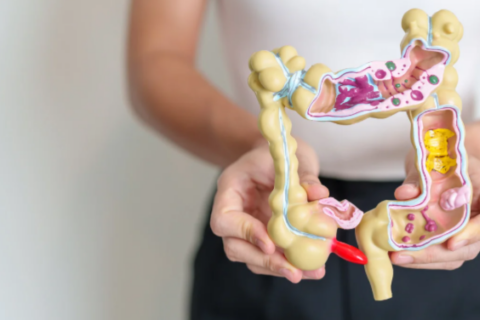Does Intermittent Fasting Really Work? The Truth Behind the Trend
Does Intermittent Fasting Really Work?
Intermittent fasting (IF) is one of the most popular trends in nutrition — and with all the buzz, it’s easy to wonder: Does it actually help you lose fat?
Let’s dig into the science — and the fine print.
✅ What Is Intermittent Fasting?
Intermittent fasting is a structured eating pattern that alternates between fasting and eating windows. The most common version is the 16:8 method, where you fast for 16 hours and eat during an 8-hour window.
Unlike traditional diets, IF doesn’t dictate what to eat — just when.
🔥 But Here’s the Catch: It’s Still About Calories
Many people see results with intermittent fasting at first — but not necessarily because of the fasting window itself.
You still need to be in a calorie deficit to lose fat.
That means: if you’re consuming the same amount of calories (or more) in your eating window than you were before, fat loss won’t happen.
A 2020 randomized trial published in JAMA Internal Medicine compared time-restricted eating (16:8) to regular eating patterns. The results? There was no significant difference in weight loss between groups — and some participants even lost lean mass instead of fat.
(Source)
👍 Why It Can Help
That said, IF can work well if it helps you:
-
Naturally eat fewer calories by reducing snacking
-
Feel more in control with fewer meals
-
Stick to a consistent routine
Some people experience benefits like:
-
Reduced inflammation
-
Improved blood sugar regulation
-
Mental clarity while fasting
👎 Why It Often Doesn’t Work
For others, intermittent fasting can backfire:
-
You might overeat during your eating window, negating any deficit
-
Skipping meals can lead to cravings and low energy, especially for women over 40
-
It can be hormone-disruptive for some, particularly those with PCOS or thyroid imbalances
Without a calorie deficit and nutrient balance, fasting becomes just another eating schedule — not a fat-loss solution.
So… Should You Try It?
Intermittent fasting is a tool, not a magic solution. If it helps you reduce your total intake and feel better, it might be worth trying. But if it leads to fatigue, stress, or overeating — it’s not the best fit.
What matters most is this:
Fat loss always comes down to burning more calories than you consume.
Fasting, keto, low-carb, high-protein — none of it works if your total intake is too high.
The Bottom Line
At ELITE Fitness Alliance, we don’t believe in cookie-cutter fixes. We help real people over 40 find sustainable routines that support real-life results.
✨ Want help figuring out what’s right for your body and your schedule?
👉 Visit our blog for more expert tips
📞 Book a call with us today — your first step to feeling better, stronger, and more in control.



